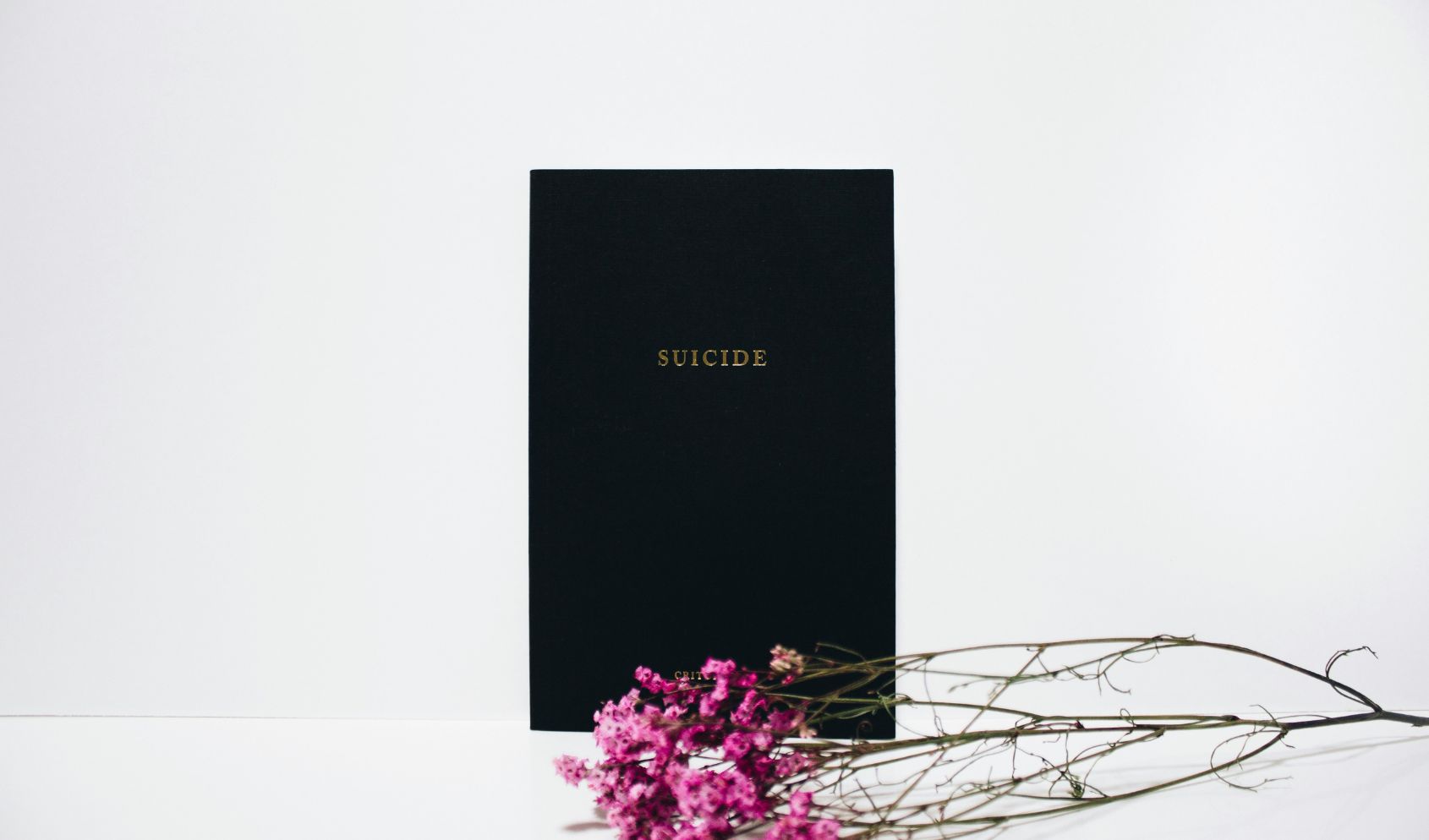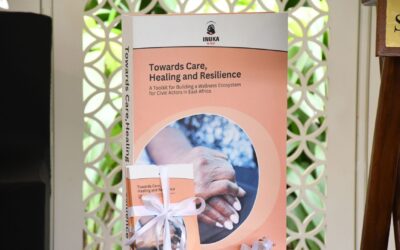September is a time for reflection. For some, it’s the month summer ends and routines return. But for others, like me, it’s a month that carries a heavier meaning – it’s Suicide Awareness Month, a period dedicated to shedding light on the quiet battles many face, often in silence. It’s a time for remembering, for healing, and most importantly, for action.
It wasn’t always like this for me. There was a time when I, too, was unaware of the significance of this month. Until five years ago, when I lost my dear friend, Sam. Sam wasn’t just a friend – he was the guy who could light up any room with his laugh, the one who always had the wildest stories, and the best advice. He was the kind of person who seemed invincible.
But beneath the surface, Sam was drowning. I didn’t know that his laughter masked a deeper struggle. We all missed it. We all thought he was “just having a bad day” when he started to withdraw. We didn’t see the signs until it was too late. I’ll never forget that morning when I got the call. Sam had taken his life the night before.
At that moment, my world collapsed. I had so many questions. Why didn’t I see it? Why didn’t I ask more? I had no answers, only an overwhelming wave of guilt and sadness.
Since Sam’s death, September has taken on a new significance for me. I’ve learned that suicide doesn’t happen in isolation, and neither does the path to recovery for those contemplating it. There are small, seemingly insignificant moments that can change the course of someone’s life. And that’s what Suicide Awareness Month is all about—finding those moments, acting on them, and creating hope.
Understanding the Silent Struggle
Many of us don’t recognize that those struggling with suicidal thoughts may not show obvious signs. The struggle can be silent. It’s often hidden behind a smile, a joke, or an “I’m fine” response. But, in reality, the internal pain can be unbearable.
People who are battling suicidal thoughts often feel trapped in a dark tunnel, unable to see a way out. The weight of the world feels like it’s pressing down on them, suffocating them. And while it may seem hopeless from the outside, hope is always there. It might be dim, but it’s real. And our actions, even the smallest ones, can be the light someone needs to hold on to.
What to Do If You’re Feeling Suicidal
If you’re the one in pain, feeling like there’s no way out, I want you to know this: you are not alone. There are people who care about you, even when it doesn’t feel that way. Here are some steps that might help when the weight feels unbearable:
- Talk to Someone You Trust: It’s hard, but opening up to a friend, family member, or even a helpline can help you feel less alone. You deserve to be heard.
- Seek Professional Help: Therapists, counselors, and support groups exist for a reason. They are trained to help people navigate through the darkness.
- Avoid Isolation:It might feel tempting to withdraw, but being around others, even if you don’t engage much, can help keep those dark thoughts at bay.
- Create a Safety Plan:Identify triggers and have a list of people to call when things get overwhelming. Sometimes having a plan can give you a sense of control.
- Remember That This Feeling is Temporary:It’s hard to believe in the moment, but suicidal thoughts do pass. The pain you’re feeling now won’t last forever.
Steps to Help Someone Who May Be Struggling
If you’ve noticed someone close to you showing signs of withdrawal, hopelessness, or even recklessness, it’s crucial to act. Here’s how you can help:
- Reach Out:It’s as simple as starting a conversation. Ask how they’re doing—**really** doing. Sometimes, just knowing someone cares enough to ask can be the first step toward healing.
- Listen Without Judgment:When they open up, let them talk. Don’t interrupt, don’t offer immediate solutions, just listen. Sometimes, what people need most is someone who hears their pain.
- Offer Support: Whether it’s helping them seek professional help, going with them to therapy, or even just checking in regularly, be there for them. You don’t have to have all the answers; your presence alone can make a difference.
- Encourage Professional Help: While your support is invaluable, professionals are equipped to offer the therapy and care needed. Encourage them to seek help from a counselor or psychologist, or to call a helpline if needed.
- Create a Safe Space: Make sure they know they’re not a burden. Let them know they’re loved and supported unconditionally.
Together, we can make sure that hope always finds a way. If you or someone you know is struggling, please don’t hesitate to reach out to a mental health professional or a local helpline. Your life is worth fighting for.




